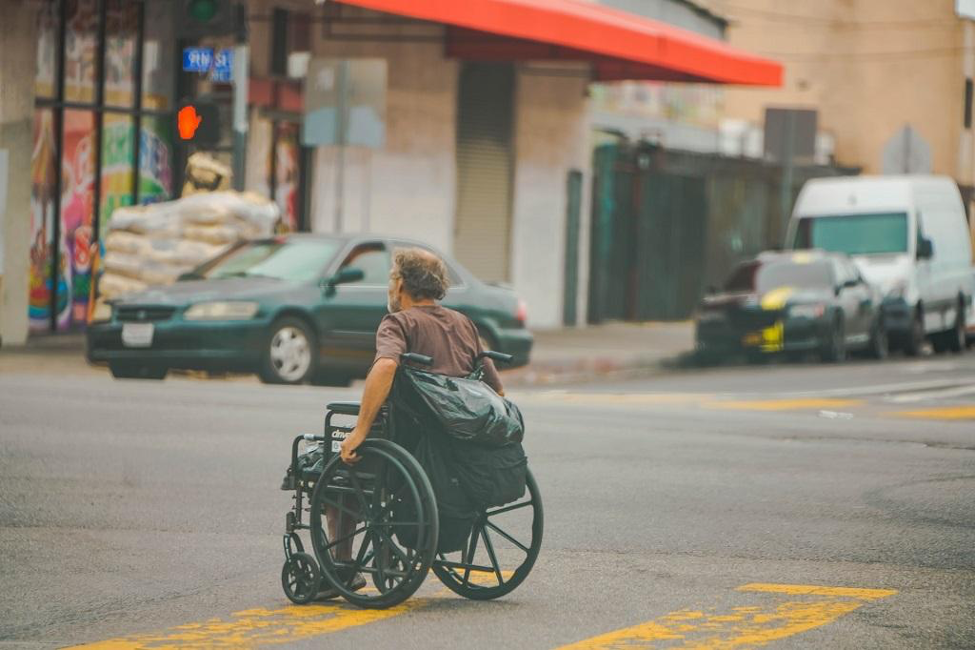How Disability Fakers Hurt the Disabled
The U.S. government hemorrhages around $10 billion in taxpayer money each year due to the “epidemic” of fraud affecting the nation’s Social Security disability system. It is estimated that one out of 10 disability claims are fake, and the numbers could be higher as many disability fakers manage to fly under the radar for years.
Disability fraud does not only fuel the nation’s rampant debt but it also negatively affects the lives (and livelihoods) of many people who are genuinely disabled. Things are so bad that a disabled woman once said, “I am tired of defending my existence.”
How Fakers Hurt the Real Disabled
Fraudsters do not only steal resources from the disabled, but they have also managed to create enough distrust across the society for the truly disabled to see their medical conditions doubted, claims denied, and accommodations questioned.
There are countless stories of genuinely disabled people being denied benefits or surgery for years because they aren’t disabled enough. Some are dismissed for not being disabled enough to cause them not to work.
Not surprisingly, by contrast, disability fakers know how to garner enough sympathy to build a strong disability case, as this is what they do for a living. Honest people don’t feel the need to shout so loud, but the system is often rigged against them due to human bias.
Because more than 80% of people claiming disability benefits associated with mental illness are fraud, their peers with real disability either get their claims denied or have to wait years to get their SSI or SSDI approved even with a social security disability lawyer on their side.
It is estimated that drug addicts citing mental health issues get their disability benefits approved ten times faster than the real disabled. And the system does not even require drug tests.
Fraudsters are oftentimes able-bodied young adults who know how to play the system and have the guts to do it. Older people who are genuinely disabled have a hard time doing their research, filling out the papers, or using modern technology to interact with authorities. Their disability also hinders their every move, so they are usually in for a really slow start.
Because of fakers, a person with a real disability has to wait for years to get their benefits approved even if they have statements and medical reports to back their case. There are disabled people that still wait for their SSDI benefits to get approved half a decade later because someone probably hopes they would just give up on their claim and get a job, like all fraudsters should.
There’s also the issue with accommodations for people with disabilities being doubted or denied by society at large because many people now think that everyone is faking their symptoms. Thanks to fraudsters, the truly disabled now have to fight for a parking spot or defend their service animals against people accusing them of faking disability on a constant basis.
Media Making Things Worse
In its search for sensationalism, the mainstream media is not making disabled people’s lives easier. In fact, the media has managed to pit people against one another, creating false assumptions on how a disabled person should look or act.
The media also tends to show only the extreme cases of disability fraud, stirring public outrage and distrust towards the people genuinely disabled.
The false image of disability created by the media has made it harder for the disabled to live with their condition in society as many of them have to constantly defend themselves or their disability.
People are aware that it is also possible to collect social security disability for mental health conditions, but they’ve also learned from the media that most disability cheaters are citing mental illness to milk the system dry. So, it is no wonder a military vet with PTSD may get his disability doubted or benefit claims denied just because he looks nothing like they show it on TV.
